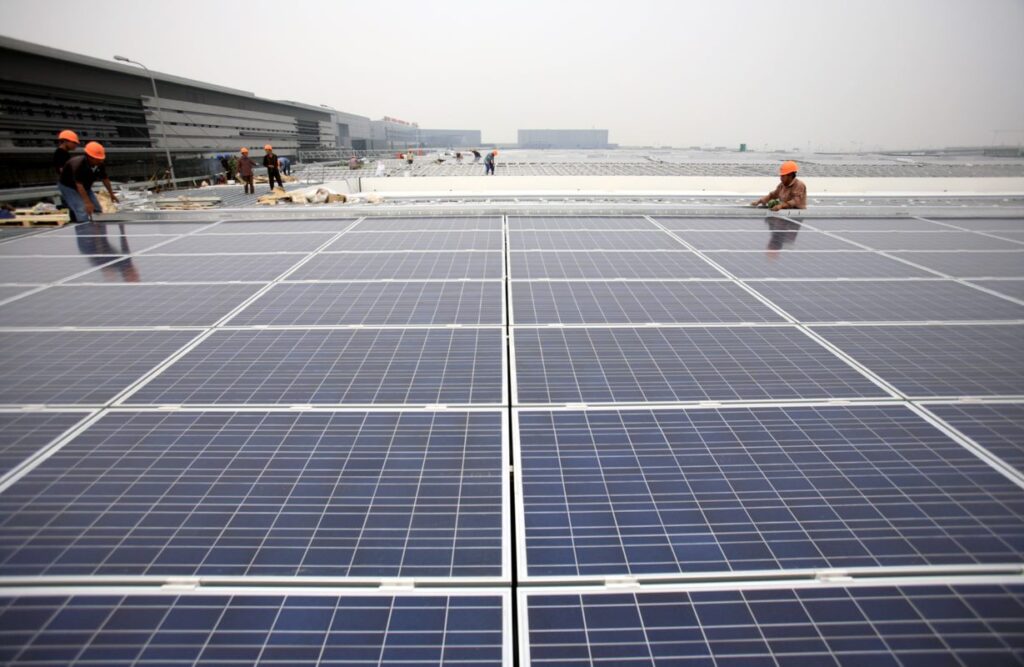India has emerged as a global leader in energy transformation, pioneering innovative solutions to combat climate change and ensure sustainable growth. The country’s commitment to renewable energy has been demonstrated through its ambitious target of achieving 500 GW of non-fossil fuel-based capacity by 2030. This goal aligns with India’s aim to reduce its carbon footprint and contribute to global climate action.

Source:- bbc news
India’s shift towards renewable energy sources like solar, wind, and hydroelectric power is at the heart of this transformation. The country has become the world’s third-largest producer of solar power, with numerous large-scale solar projects, including the world’s largest solar park, Bhadla Solar Park in Rajasthan. Wind energy is also expanding rapidly, with India ranking among the top wind power producers globally.
Source:- news 18
To support the renewable energy revolution, India has also been investing in energy storage solutions and grid modernization. The development of smart grids, along with a focus on energy storage technologies, ensures the efficient integration of renewable sources into the national grid, stabilizing supply and demand.
In addition to the domestic transition, India is actively engaging in international cooperation to scale up clean energy solutions. The International Solar Alliance (ISA), an initiative spearheaded by India, is fostering collaboration among solar-rich countries to share technology, finance, and expertise, helping the global community accelerate the adoption of renewable energy.
India’s energy transformation is a testament to its leadership in addressing the dual challenges of energy security and climate change. By focusing on renewable energy, energy efficiency, and international cooperation, India is setting a strong example for other nations to follow in the transition to a sustainable energy future.
Share your views in the comments

